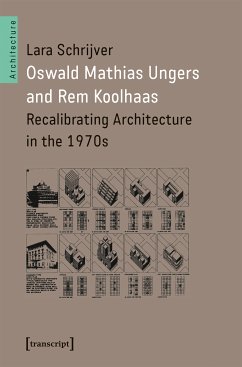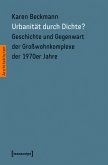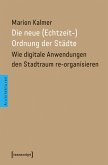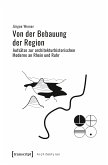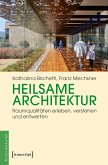Lara Schrijver examines the work of Oswald Mathias Ungers and Rem Koolhaas as intellectual legacy of the 1970s for architecture today. Particularly in the United States, this period focused on the autonomy of architecture as a correction to the social orientation of the 1960s. Yet, these two architects pioneered a more situated autonomy, initiating an intellectual discourse on architecture that was inherently design-based. Their work provides room for interpreting social conditions and disciplinary formal developments, thus constructing a `plausible' relationship between the two that allows the life within to flourish and adapt. In doing so, they provide a foundation for recalibrating architecture today.

